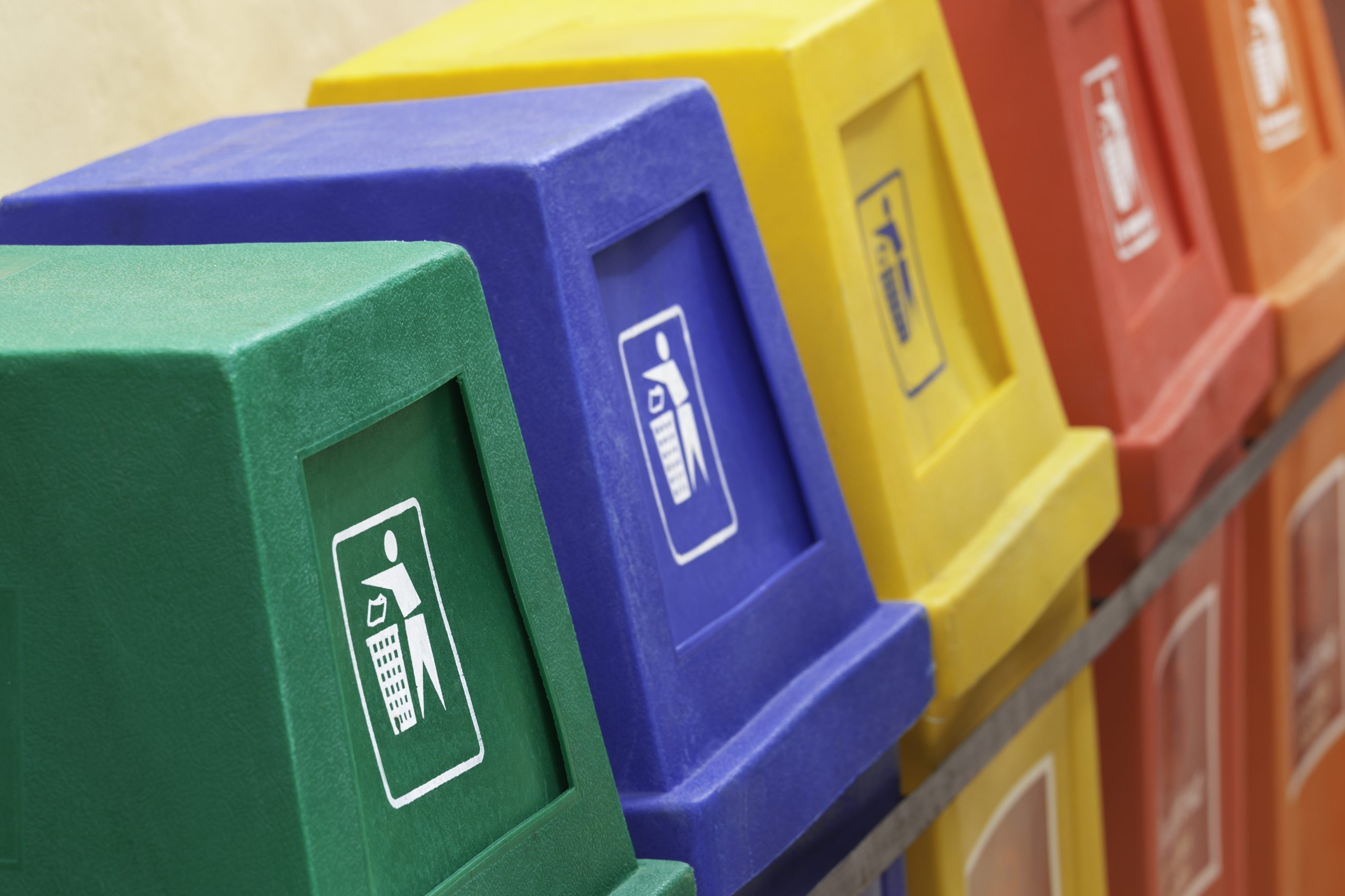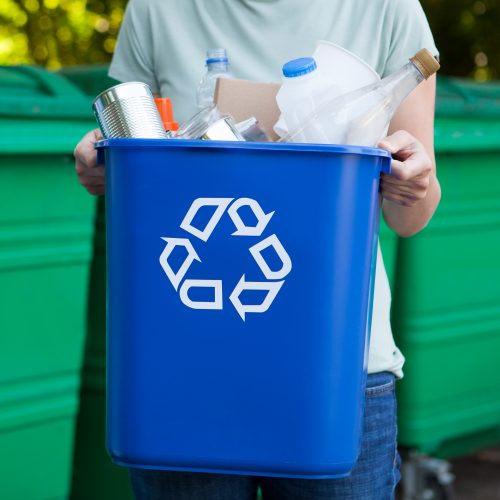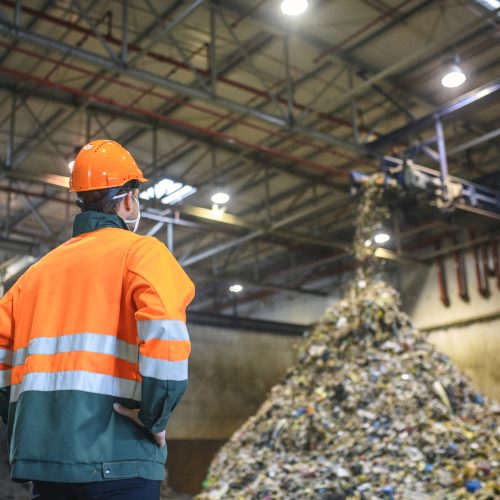Description
Adequate pricing of waste-related activities can positively influence behaviour (in other words, lead to a reduction of waste) and ensure more sustainable funding of the sector. Cities have various possible pricing mechanisms and measures at their disposal that are outlined below.
First, city authorities can introduce pricing (pay-as-you-throw) on the waste delivered by – or collected from – households, businesses and industry. Pay-as-you-throw schemes can be set up for businesses and households as a charge for waste bags for different waste streams. However, with the exception of the most law-abiding and well-monitored societies, this solution can easily trigger illegal waste dumping and a fixed cost-reflective fee for municipal waste collection is normally a more feasible funding scheme.
Second, the city can normally set tipping fees at the landfill. To help reduce landfilling and to incentivise waste sorting at source, differentiated gate fees for sorted and mixed waste at the landfill can be introduced. This requires weight-based tipping fees and increased control.
Third, cities can introduce pricing requirements and subsidies on certain products, such as disposable and reusable grocery shopping bags, and they can promote the introduction of deposit return schemes for products such as beverage containers. In San Francisco, the checkout bag ordinance that was extended to cover all retail stores in 2012 and all food establishments in 2013 has led to a 72 per cent reduction in plastic bag use since 2010.[1]
Lastly, another pricing mechanism incentivising recycling is the introduction of deposit return schemes for products such as beverage containers. This can be introduced for selected outdoor bars or it can include the setting-up of machine-based schemes where individuals are rewarded for returning beverage containers, for example, in the case of the Veolialinked pilot in London.[2] Moreover, while not a direct charging mechanism, cities can install and inform their residents about public drinking-water taps as a free alternative to buying new plastic water bottles.
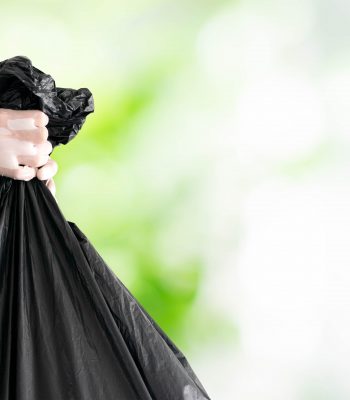
Resource implication and requirement
A pay-as-you-throw scheme requires significant administrative and operational resources as well as substantial monitoring and enforcement efforts.
It also requires a relatively law-abiding culture – otherwise this approach may lead to unmanageable levels of illegal dumping.
Cost-reflective tipping fees do not require excessive investments or operating costs. However, differentiated gate fees for different waste streams will require some additional control and penalty procedures.
The introduction of payment for disposable products, such as grocery plastic bags, does not imply large costs for a city administration, but substantial efforts linked to public communication are likely.
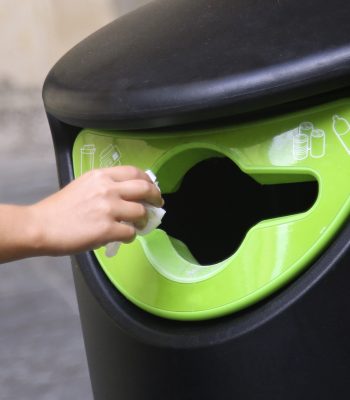
Potential private-sector participation
Introducing payments or deposit return schemes for certain disposable products requires close cooperation with the private sector. For instance, in Scotland, neither the Scottish government nor Zero Waste Scotland will run the scheme. That is the job of the scheme administrator(s), which is expected to be an industry-led, privately owned and not-for-profit private-sector enterprise. Typically, the administrator(s) of the scheme will be responsible for its day-to-day management. In the case of Scotland, the Deposit Return Scheme for bottles and cans creates new obligations for drinks producers and most of them are likely to nominate a scheme administrator to fulfil these on their behalf.[3] The service will be funded partly by small fees paid by producers, with the size of those fees based on the number of drinks containers that producers put on the market. For retailers and hospitality firms, who will collect returned cans and empty bottles, their main contact will be the scheme administrator. For deposits that firms (the `return points') refund, the administrator will provide reimbursement and pay the handling fee.
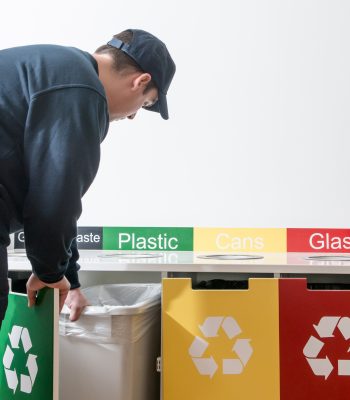
Implementation obstacles and solutions
Requesting payment and fees for something that used to be free of charge is never popular. However, comprehensive awareness-raising campaigns in cooperation with affected business communities and relevant NGOs can ensure acceptance and buy-in from the relevant population and businesses.
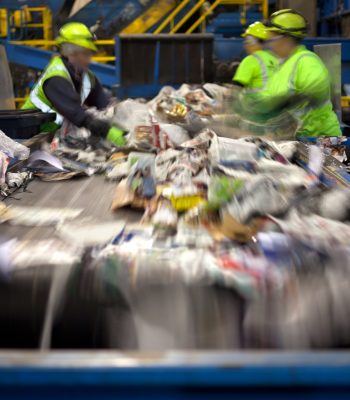
References
[1] SF Environment (2019), “Checkout Bag Charge and Recyclable or Compostable Pre-Checkout Bag Ordinance”, San Francisco Department of the Environment.
[2] M. White (2019), “Veolia and Leon trial deposit return scheme in London”, FoodBev Media website page, March 2019.
[3] Zero Waste Scotland (n.d.), “Scheme Administrators”, Zero Waste Scotland website page.




